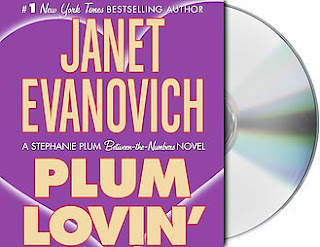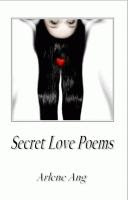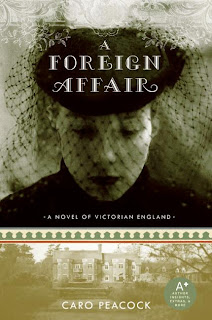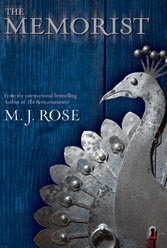
From monkeys with metal helmets to a hippy animal activist named Gail Scanlon, Evanovich weaves a ridiculous tale that will capture readers and listeners’ attentions right from the start. Diesel and Stephanie are forced into the Pine Barrens where there is no cell reception and where unmentionable creatures dwell, like the Jersey Devil, the Easter Bunny, Sasquatch, and Elmer the Fire Farter. While the plot is a bit out there, it will have you laughing and the book moves along quickly.
I was surprised to learn that the Pine Barrens is an actual location in New Jersey and that people do believe that it is the home of the Jersey Devil.
Interested in listening to this laugh-out-loud novel on your daily commute or whenever you’re in the car, enter this giveaway: 1 audiobook copy, used once
1. One entry leave a comment for the most outrageous character name you can think of.
2. A second entry if you spread the word about the contest and leave me a link here.
Deadline is March 26, 5pm EST.
Also Reviewed by:
Reading Adventures
Girls Just Reading
***Giveaway Reminder***
1 gently used ARC of Reading by Lightning by Joan Thomas; Deadline is March 20 at Midnight EST.
3 Copies of Galway Bay by Mary Pat Kelly for U.S./Canada residents
1 copy of Galway Bay by Mary Pat Kelly for an international resident
Deadline is March 24, 5pm EST









 (Part of the BookRoom Reviews Book Giveaway Carnival)
(Part of the BookRoom Reviews Book Giveaway Carnival)


 Arlene Ang’s
Arlene Ang’s 











